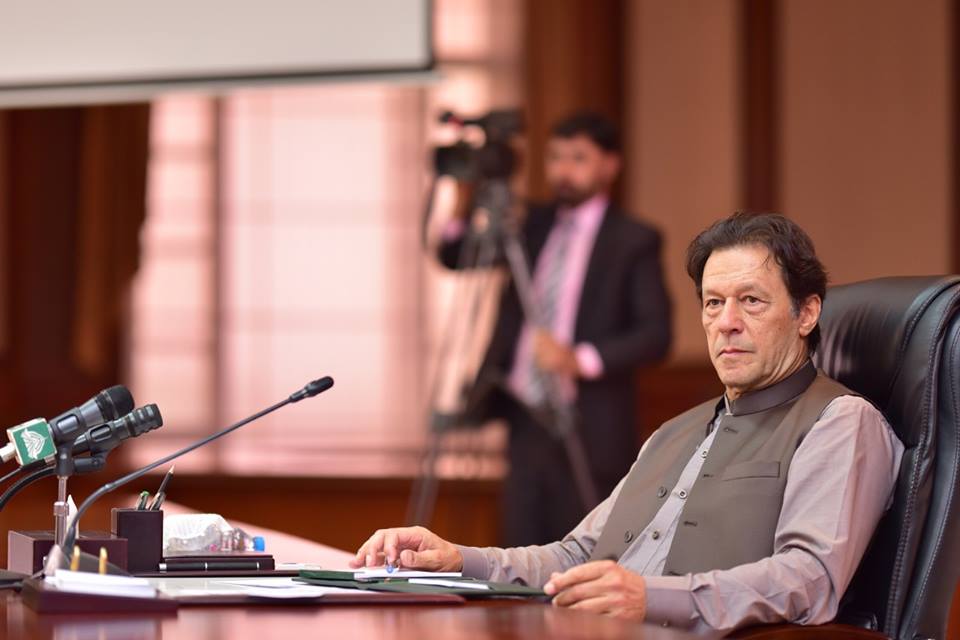
The unfortunate aspect is that the government instead of deftly handling the crisis aggravated it by vacillating for eight months on whether to seek IMF assistance or not. It was also a classic example of how major national decisions are messed up by our leaders. By generally ignoring institutional decision-making and relying on individual instincts or on the advice of a small coterie, the government has compounded the crisis. Future economic prospects are rather grim. With the IMF’s strict prescription to adhere and prices shooting up exponentially managing the interests of the poor that constitute the bulk of our population would be the foremost challenge for the government. Its programme of widening and deepening the Benazir Income Support Programme and providing subsidies would provide relief to vulnerable communities to an extent. But the challenge is much greater and there would be considerable hardship and suffering on a broad spectrum of our population. How the government navigates through the situation would be a major test for it.
From what we are witnessing so far the focus of the Prime Minister seems to be blaming the opposition leadership for corruption. This may be clever politics for a while, but there are limits to what the government leadership can extract from this endless blame game for it is no more in the election phase. The accountability process should primarily rest with the National Accountability Bureau and the judiciary. It is expected that the state institutions and especially NAB remain active, even-handed and fair. Meanwhile, the government should focus on priority issues relating to the economy, politics and foreign relations. The time has now passed of sloganeering and people are interested in concrete action and measures that bring economic relief and political stability.
On the demand of the Financial Action Task Force Pakistan has taken effective measures to ban several militant organisations including Jamaat ud Dawa and now Jaish Mohamed and its leader, Masood Azhar. These delayed actions are welcomed, but had they been carried out earlier they would have saved us the embarrassment and India the leverage to exploit this weakness.
Pakistan’s heavy dependence on foreign assistance at times compromises its ability to pursue a balanced foreign policy. The advantage that accrues to Pakistan due to its strategic location and the strength of its people is partly lost due to its weak economy and fragile democracy.
There are other serious drawbacks in overplaying the inefficiency and corruption card. First, it would be highly unfair to blame and brand the opposition political parties of being corrupt. Majority of the leadership in political parties constitutes of honorable people. There are of course some among the top leaders involved in corruption already undergoing jail sentences or facing trials while the law takes its course. Incidentally, leaders of several highly developed democracies like France, Malaysia, Japan, China etcetera too have faced or are facing criminal charges for corruption. Then we have a long list of leaders among developing countries that are facing corruption charges and many have been convicted and sentenced. What is critical is that our leaders do not further weaken our fragile democracy by overplaying the corruption card and pursuing a holier than thou mentality.
Nothing suits the undemocratic forces more when political and elected leaders or political parties suffer setbacks. As it is, we are told time and again Pakistan is not fit for democracy and certainly not for the parliamentary form of it. It should amend the 18th Amendment and adopt the presidential model. In these circumstances, intense hostility between the government and opposition is highly damaging. Legislative work has also been impeded and no serious discourse has taken place lately on foreign, security and economic policies in the parliament and in its committees.
The Prime Minister should overcome his apparent distaste for parliament and his refusal to engage with the opposition leaders. Let the question of corruption be decided by the courts. It has not been helpful either in strengthening democratic norms. There is a little realisation on the PM’s part that he is weakening his own authority and of the parliament by not attending its sessions. Addressing public gatherings is no substitute for serious legislation or consensus policy-making. By interacting with parliament he would have benefited from the experience and views of his own party members and that of the opposition. Looking down on this practice as though he is cut for a bigger role would not serve Pakistan well. We tend to forget Pakistan was created through the democratic ethos and the Quaid-e-Azam was an ardent democrat and one who firmly believed in parliamentary practices and civilian supremacy. Moreover, PM Imran Khan has frequently quoted Britain giving an impression of being a passionate admirer of its politics and parliamentary democracy. So how is it that he is not interested in pursuing similar practices when it comes to Pakistan?
Experiences of several countries that have crossed over from a developing to a developed status indicate that it was closely tied to improved governance and education and that too of the right type. In Pakistan, we have neglected both governance and education and continue to do so. The PTI did contribute significantly to education and governance in K-P and was able to make a difference. Even granting that education and governance are provincial subjects, a national drive toward improvement in these two areas could set the pace of change from dependency to autonomy and national confidence. It should in the long-term strengthen democratic practices and spur economic growth as well.
Published in The Express Tribune, May 8th, 2019.
Like Opinion & Editorial on Facebook, follow @ETOpEd on Twitter to receive all updates on all our daily pieces.


1731975305-0/Untitled-design-(40)1731975305-0-165x106.webp)
1731975060-0/Untitled-design-(39)1731975060-0-165x106.webp)



1729685382-0/Untitled-design-(57)1729685382-0-270x192.webp)




COMMENTS (1)
Comments are moderated and generally will be posted if they are on-topic and not abusive.
For more information, please see our Comments FAQ